Welcome
I started this blog in 2013 to share my reflections on reading, writing and psychology, along with my journey to become a published novelist. I soon graduated to about twenty book reviews a month and a weekly 99-word story. Ten years later, I've transferred my writing / publication updates to my new website but will continue here with occasional reviews and flash fiction pieces, and maybe the odd personal post.
|
Hot on the heels of two novels about the messy aftermath Zimbabwean independence, come a couple more set in erstwhile outposts of the British Empire as the colonisers depart. Both focus on the experience of minorities favoured by the British who find themselves relegated in the new regimes: Indians in Kenya in Dance of the Jakaranda; the Karen in Burma in Miss Burma. Along with the politics, both explore the impact on identity of religion and race.
8 Comments
When the press release described Speak No Evil as “a novel about the power of words”, I thought it would fit nicely with Missing, about a translator who has personal reasons for using precise verbalisations. But, although I could see what the publishers were getting at, it didn’t chime strongly with my reading experience. Nevertheless, these short novels – the first from the UK, the second from the US and Nigeria – have something in common: the grief and guilt that has diverted a woman’s life after a tragic misunderstanding at the age of eighteen. But, given that exactly how that happened is part of the mystery, you won’t find much about that in my reviews. Don’t let that stop you reading on, as both these novels are well worth your time.
These two novels reimagine well-known stories from the perspective of women who find themselves banished in disgrace from their parents’ homes. The first is about a witch who features in Homer’s Odyssey; the second about a nun who proves to be a keen observer of Tudor politics. In carving out her own place in the world, each woman discovers there’s not much to envy in the upper echelons of society.
Our species has enslaved our fellow human beings for millennia, an abomination that continues to this day. While literature quite rightly reminds us of the industrial-scale trade in people between Africa, the Americas, Europe and the Caribbean, some historical human rights abuses are less well known. So, painful as the subject matter might be, I was pleased to widen my knowledge through these two novels: the first focusing on African slavery of other Africans in 19th-century Ghana; the second about people forcibly transported from 17th-century Iceland to Algeria. Both feature strong women from a period when female voices were often silenced and consider the psychological and political complexities beyond the polarised roles of victim and villain.
Two debut novels by women about women reviewing their (successful and stable) marriages in the context of an important relationship for one partner that’s not shared with the other. In the first, the wife’s passion for God and poetry leads her into the mind, arms and eventual bed of a man who isn’t her husband; in the second, the wife, emerging from her grief at her husband’s sudden death, becomes suspicious about the nature of his secret friendship with a woman he’s met on business trips abroad. Both authors employ non-linear structure to good effect.
When we find ourselves unmoored, we might be extra motivated to seek to consolidate our roots. That’s the slim connection between these two novels in which a woman confronting terrible loss decides to research her family tree. Both involve a story of migration: Jane Ashland’s ancestors moved from Norway to the USA; Neha’s in The One Who Wrote Destiny came from Kenya (and before that India) to the UK. For another novel about tracing the members of an extended family, see Kintu.
An epic story of cultural change in Uganda and a novella set in an idyllic English community, these debuts have little in common apart from the strange affliction and that I’m happy to recommend them both. In the first, multiple branches of an extended family at the beginning of the twenty-first century are affected by a curse on their ancestor 250 years before. In the second, James probably feels cursed when he wakes up one morning to find he can’t move half his face.
I recently featured four novels depicting the impact on children of a father’s absence. These two debut novels present the other side of the story: the terrible harm that a father’s presence can do. In both, the fathers control their children’s minds and bodies through violence and a perverted kind of love. Although fiction, each reflects the darker side of society today.
The Greek myths bubble with revenge and betrayal, while the bloodthirsty tyrants of history are themselves made into to myths. Let me present two novels which reinterpret these legendary stories for the modern era, emphasising the human motivations behind the murder and mayhem. Both novels focus on famous families: in the first, the violence turns inwards in an orgy of self-destruction; in the second, the family will do almost anything to ensure their own survival. In both, the gods of the time are co-opted to sanction sacrifice and murder, while the women use their limited power as best they can.
Has my country always been this conflicted, or is the second decade of the twenty-first century a particularly sour time for England? Can fiction help us understand our current disaffected state? If so, these two very different novels – the first a gentle exploration of fear of difference among the largely white population; the second addressing the attractions of Islamic State to young people of South Asian descent, and its more violent repercussions – might help.
Life’s a game of snakes and ladders; we all have our ups and downs. But some people’s snakes are much longer than some other people’s ladders, and some so unlucky on the roll of the dice it’s like they’ve landed in a slithery nest of snakes. If fear or despair hasn’t shut down their emotions, these people are angry, understandably so. And that’s my tenuous link between these novels: the first about a young woman’s sudden blindness and the second about the victims of paedophile priests.
Okay, perhaps not the most elegant title to sum up the common thread between these three debut novels from small and innovative independent publishers. But they’re all, in very different ways, about life with a brain or mind that functions a little differently from average. In the first, we meet an elderly voice hearer on a mission to bring hope to his granddaughter. In the second, a retired teacher with dementia is convinced a former pupil can save him from the persecutory antics of his deceased father. The third takes the reader even further into the realms of fantasy as a teenager with unexplained blackouts is drawn into a world she thought existed only in her dreams.
It’s my pleasure to introduce two recently published short novels about westward migration. The historical perspective of the first, driven by the aftermath of the Second World War, and the allegorical style of the second, with a contemporary and/or future orientation, shine a hopeful light on a phenomenon currently depressingly exploited by right-wing politicians. These novels remind us that no society is ever static and, wherever we are positioned on the immigration issue, humans and the communities we build are highly adaptive.
Allow me to introduce you to two novels looking back on Ireland’s recent history through the eyes of a man whose life has been limited by secrets, subterfuge and hypocrisy.
Is satire redundant when the World’s Most Powerful Narcissist tweets his outrage at the slightest scratch on his orange-tinged carapace, while She Who Should Be Humbled files for divorce from Europe in the full knowledge that this will leave her dependants economically and morally depleted, and literally humbles the Bejewelled Great-Grandmother by committing her to take her New Suitor for a spin in her horse-drawn carriage? Publication proceeding at a slower pace than populist politics, these two novels – the first set in a dystopian near-future and the second in 2013 – were conceived prior to the dystopia that was 2016 but can still evoke a shudder in these early days of 2017.
My first two reads of 2017 are linked by one of last year’s favourites: like The Underground Railroad, The Golden Legend is about outsiders on the run, while Homegoing explores the before, after and meanwhile of the slave trade between Africa and America. Both novels also reference the role of literature in challenging partial accounts of the lives of the powerless.
Every novel is comprised of different parts that writers, readers and reviewers hope will combine into a satisfying whole. My last two reviews of 2016 – before I reveal my favourites of the year – are of novels for which finding that coherence is a particular challenge, but extremely worthwhile if achieved. Both published this summer, neither seems to have attracted many reviews on Goodreads, but I’m impressed with both (albeit one more than the other) so I hope you’ll at least give my reviews a chance.
This post, my last before Christmas, features two novels about men with marginalised identities. Read on and see if either takes your fancy for your holiday reading.
|
entertaining fiction about identity, mental health and social justice
Annecdotal is where real life brushes up against the fictional.
Annecdotist is the blogging persona of Anne Goodwin:
reader, writer, slug-slayer, tramper of moors, recovering psychologist, struggling soprano, author of three fiction books. LATEST POSTS HERE
I don't post to a schedule, but average around ten reviews a month (see here for an alphabetical list), some linked to a weekly flash fiction, plus posts on my WIPs and published books. Your comments are welcome any time any where. Get new posts direct to your inbox ...
or click here …
Popular posts
Categories/Tags
All
Archives
March 2024
BLOGGING COMMUNITIES
|
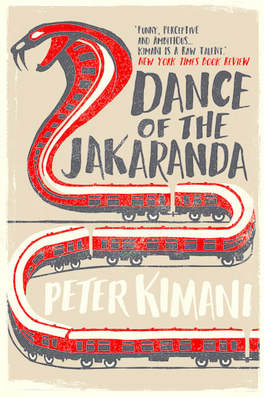
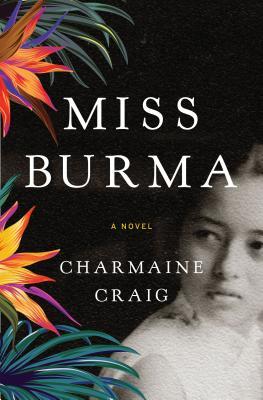
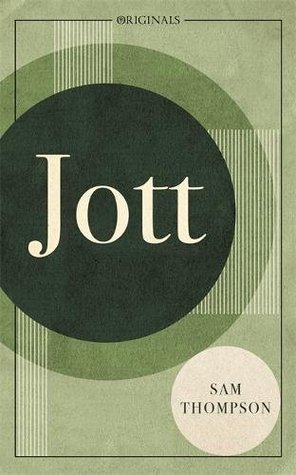
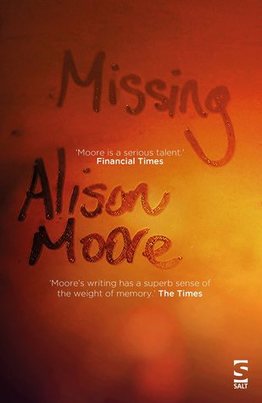
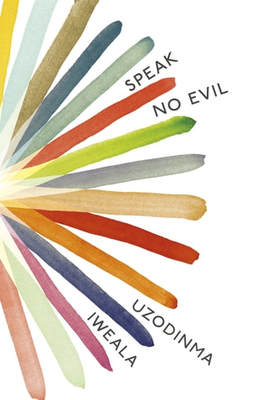
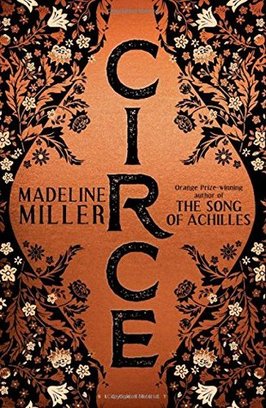

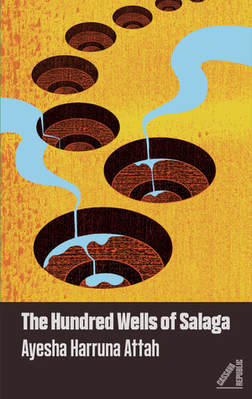
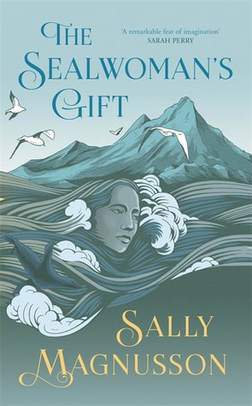
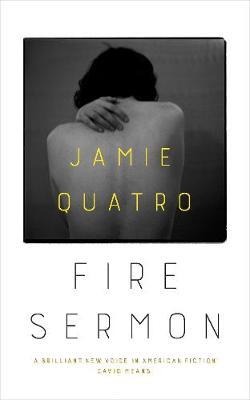
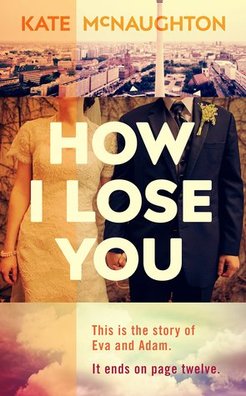
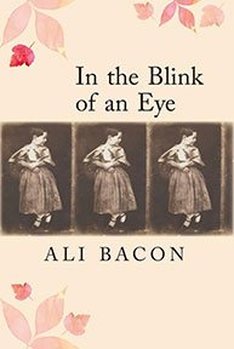
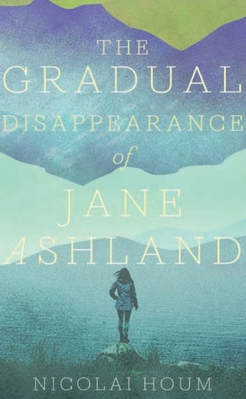
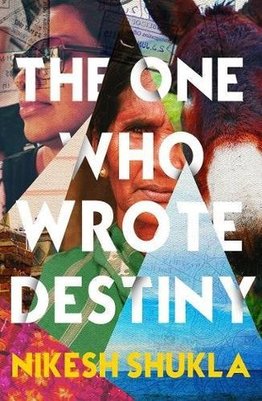
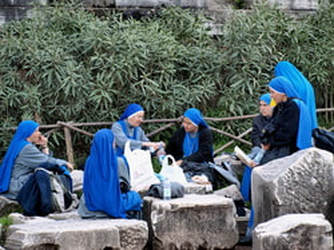
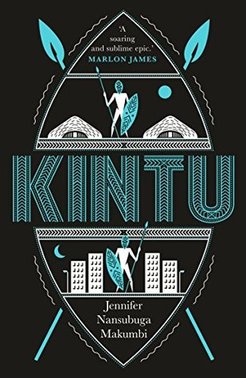
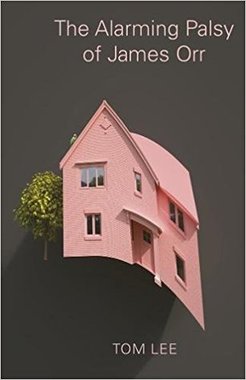
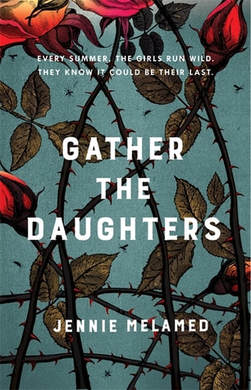
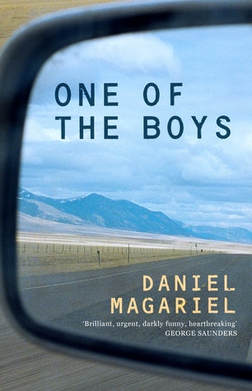
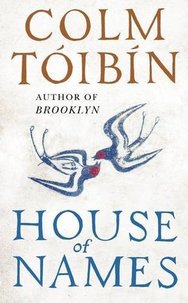
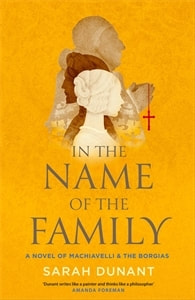
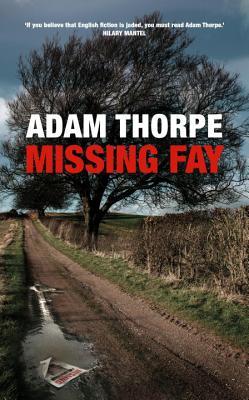
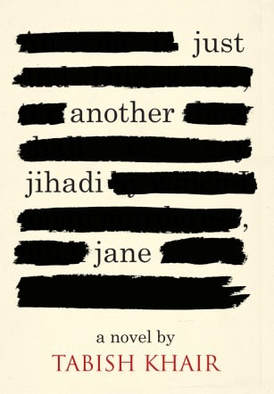
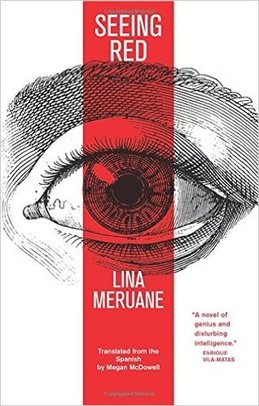
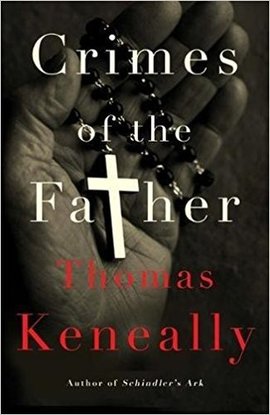
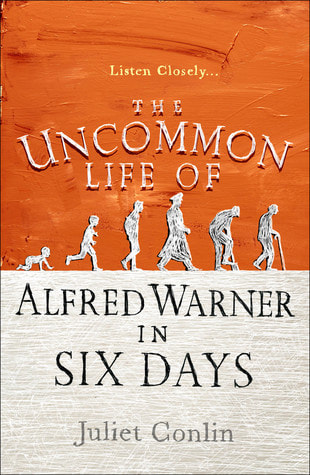
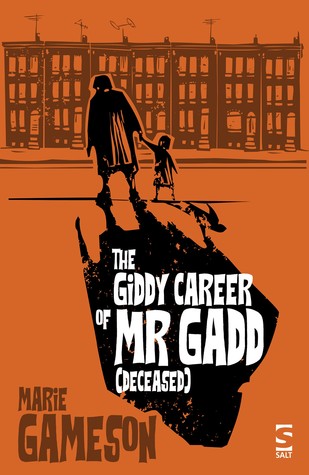
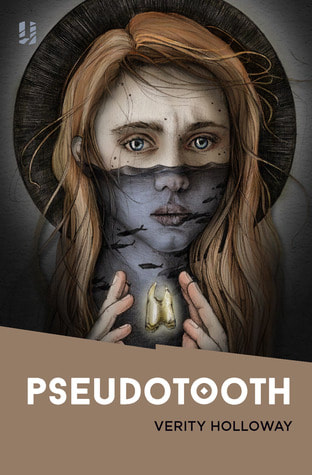


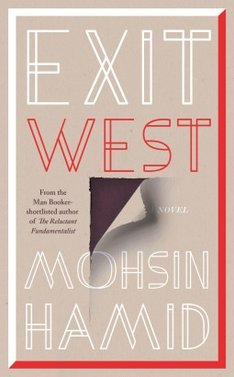
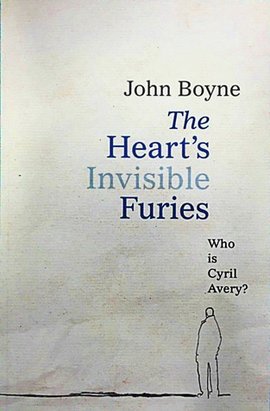
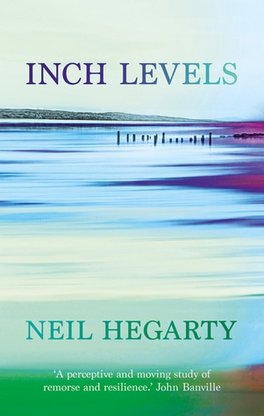
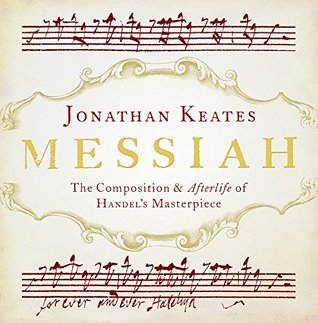
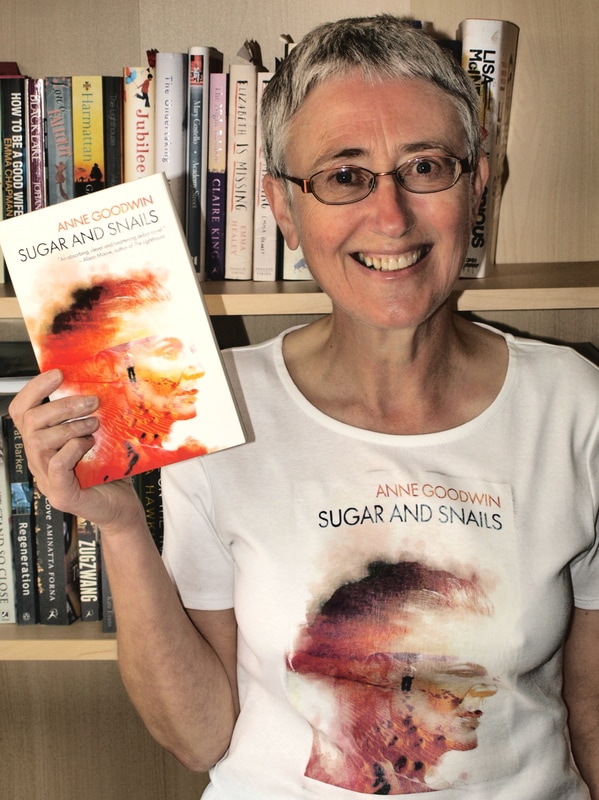
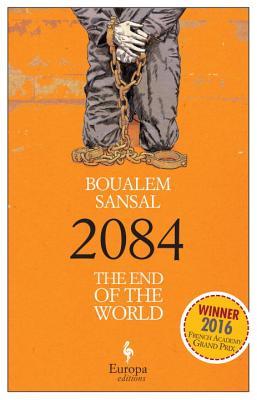
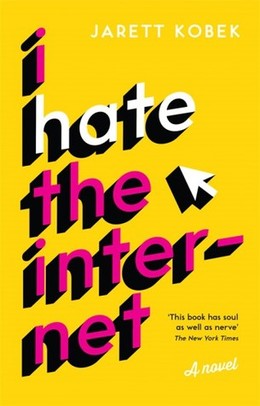
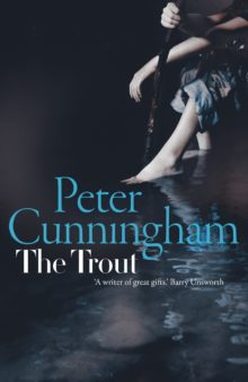
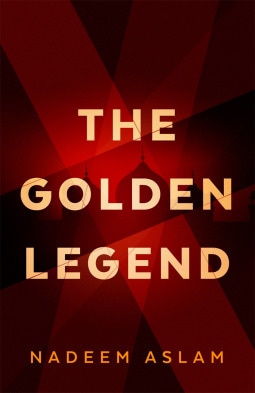
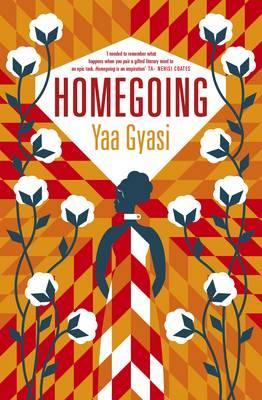
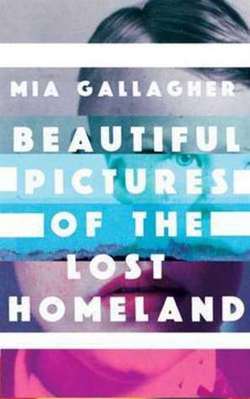
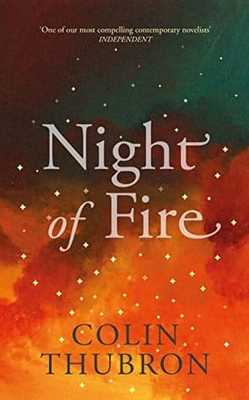
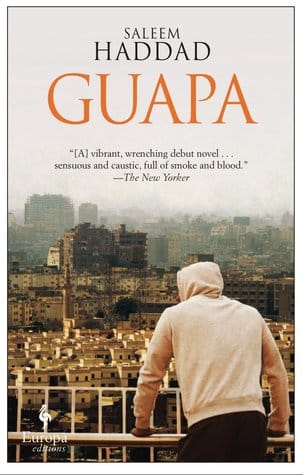






















 RSS Feed
RSS Feed





















